Studying abroad isn’t a relatively easy process, however despite the expenses, and all the overwhelming logistics such process entails, there is still an increasing number of Africans seeking to further their studies abroad. Statistics from University World News as far back as 2010 shows that 380,376 African students were studying in foreign institutions summing up to about a tenth of all international students worldwide. Based on the knowledge of this, the focus here is to unveil the alarming reason behind Africans desire to be educated abroad and provide the necessary measures needed to annihilate this.
It is frequently said that quality and accessible education is the key to societal and economic development and growth in a country and across the continent. However, in Africa, the educational system is relegated as a result of various factors across her countries. It isn’t news anymore that education in Africa is burdened with inadequate quality primary, secondary, technical, vocational, higher and post-graduate schools for the growing number of children and youths that is estimated to rise to 1 billion by 2055, discontinuous funding by the federal and state government, traditional and outdated model of education, impracticable and un-societal curriculum, innovation-starved and technology-barren form of education, demotivated educators and uninterested learners. With all these factors and more, who can then blame those African parents who are able to rescue their children from this falling educational system to a qualified and recognized educational system in foreign countries?
In a bid however to prevent more loss of our talented students needed for national development and growth in Africa to foreign nations, it is essential to look into Africa’s educational system and find practicable solutions to help, develop and improve its state. All bodies involving the government, educational bodies and officials, school administrators, NGOs, private investors, educators, parents and students should work together to bring a lasting change to the belittling state of education in Africa by putting the highlighted measures into practice.
- Involve Financing Bodies
With the present state of education in Africa, it will be unprofitable relying absolutely on the governments who are strained with numerous priorities to finance the educational system. As a result, it is important to involve alternative financial bodies to improve the financing and development of education. In achieving this, public-private partnerships and innovative financial models such as public resources, pension funds, pooled funds, and donors’ funds will be of immeasurable help. Also, the international financing for education which is estimated by the education commission to increase from the current level of $12 billion per year to $89 billion per year by 2030 to adequately cover education costs in low-income African countries can be catered for by organizations like International Commission on Financing Global Education Opportunity, Global Partnership for Education if they are sought after with the aim of improving quality and accessible education for all Africans.
- Incorporate Learner-centered Curriculum Model
For African learners to feel involved in their learning process and to sustain their motivation to learn, then there is an urgent need for a shift from the traditional curriculum model that forces educational choices and expectation which contradicts learners’ interest and talents to a learner-centered curriculum model where learners are empowered to shape their education through their choices. As such, to maximize learners’ potential, education must be adapted to suit the individual needs of learners, and since it’s observed that learners have different characteristics, talents and interests, they should be giving the opportunity to choose learning experiences, and activities. This will make them interested and motivated to learn since their education revolves around their interests and choices.
- Involve Innovative and Interactive Technology
Making education in Africa void of its outdated state, there is a need for the involvement of innovative and interactive technology in education. The U.S. Department of Education states that the teaching and learning process needs to be infused with technology in the form of digital learning tools, such as computers, hand held devices to increase experiences, support all day learning, build 21st century skills, increase student engagement and motivation and accelerate learning. With this, a new model of connected teaching will arise which links teachers to their students and to professional content, resources and systems to help them improve their instruction and personalized learning.
- Involve Professional Teachers
In every educational system, teachers are the bedrocks for determining learners’ success. Half-baked and unmotivated teachers who aren’t professionally trained in the field of teaching are essential to be flushed out from the educational system in Africa. Teachers shouldn’t just be employed because there is a desperate need for teachers but they should be employed because they have being adequately trained and qualified to teach and sharpen the lives of the younger generation. In order to achieve this, the entry requirements into the teaching profession should be raised and prospective teachers should be tested for non-academic qualities essential to students’ learning.
This call is to educational ministers, governments, school administrators, investors, donors, educators, parents and students to invest in the educational system with these measures in order to raise the state of Africa education above the bar in respect to its worldwide recognition, efficient and quality effect in helping maximize students’ potential and making all African students motivated and interested in studying in their fathers’ land.
Written By: Marvellous Adejumo






